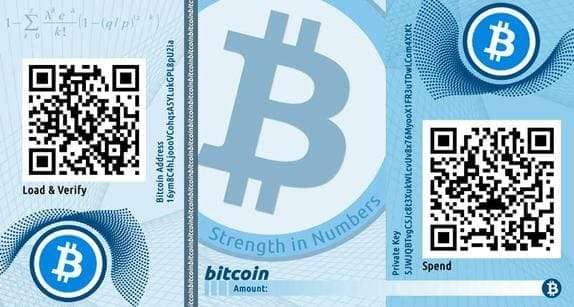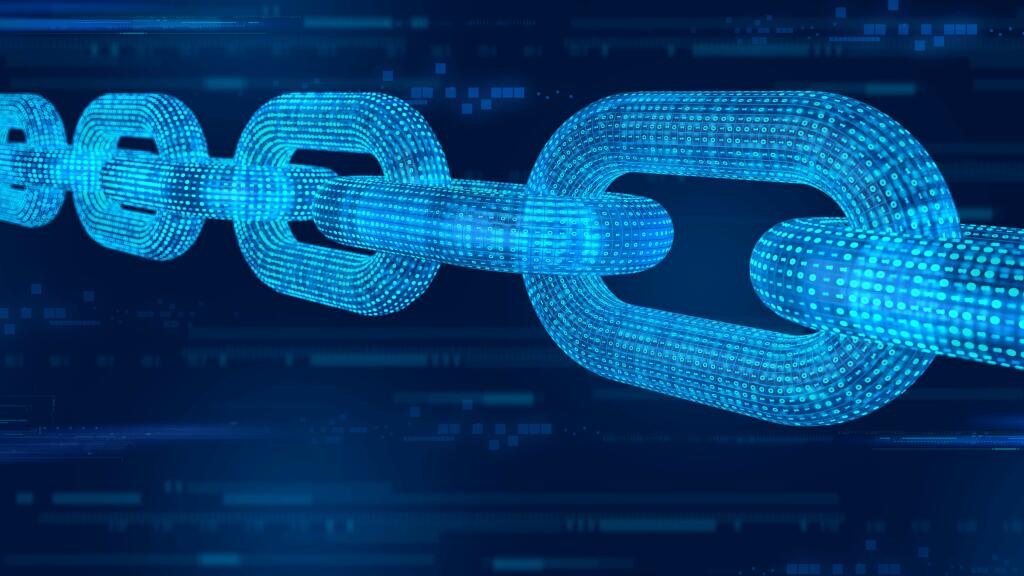Content
In fact, a common scam known as rug pulls rely on tricking users to low liquidity pools which can be easily manipulated by the single liquidity provider. Thus, it is crucial that AMMs have a strong incentive mechanism to attract more liquidity provides to the pool. However, market makers and brokers are two such participants who differ by various points, although both help the financial markets. Since they are often confused with Market Makers, we will see the points where they differ.
- Register the number of securities approved by the firm’s local FINRA District Office.
- Our traders support each other with knowledge and feedback.
- Thus, it is crucial that AMMs have a strong incentive mechanism to attract more liquidity provides to the pool.
- Anytime you invest in stocks, someone is on the other end of your trade, and it could be a market maker.
- A deep discount broker handles buys and sales of securities for customers on exchanges at even lower commission rates than regular discount brokers.
- Can decentralized governance of AMM protocol truly happen?
It takes just a few taps to place an order with your brokerage firm, and depending on the type of order, it can be executed within seconds. Market makers encourage market liquidity by standing ready to buy and sell securities at any time of day. A specialist was a term formerly used to describe a member of an exchange who acted as the market maker to facilitate the trading of a given stock. London is home to one of the largest stock exchange groups in Europe. The London Stock Exchange is part of the London Stock Exchange Group.
More specifically, it’s the period where the Market Makers in New York are at lunch. There is little price movement in this period as the Market Makers in the Asian and London session are talking to each other. They discuss what needs to happen in the London session to get the price to where they want it to be. The gap time between the Asian session and the London session is 8 am to 8.30 am.
Definition and Example of a Market Maker
First, the market maker raises the price of an undervalued stock. The result is those who own the stock at a lower price will sell it to the market maker who, in turn, will sell it to someone else. If a lot of people want to own part of a certain company, then that company’s stock price rises. A deep discount broker handles buys and sales of securities for customers on exchanges at even lower commission rates than regular discount brokers. Yes – in fact, crypto market making is an exciting and vibrant new development. Companies such as GSR Market, Kairon Labs, Openware, AlphaTheta, B2C2, and Altonomy, among many others, serve as cryptocurrency market makers.
FINRA or the SEC should pass a rule that says anyone dumb enough to post a market maker balance sheet highlighting securities sold not yet purchased without understanding what they actually mean should immediately have to wire all their money to Ken Griffin or Jeff Yass or me. https://t.co/BgahXlS3Pu
— A Progressive Libertarian (@Tiggersdad2) March 2, 2023
Market makers are compensated for the risk of holding assets because a security’s value may decline between its purchase and sale to another buyer. In our stock https://xcritical.com/ trading community, you’re going to get it all. Each day we have several live streamers showing you the ropes, and talking the community though the action.
Market Maker
While brokers compete against one another, specialists post bids and asks and ensure they are reported accurately. Andrew Bloomenthal has 20+ years of editorial experience as a financial journalist and as a financial services marketing writer. On our site, you will find thousands of dollars worth of free online trading courses, tutorials, and reviews. Feel free to ask questions of other members of our trading community.

Then they close that trade by purchasing the institutional sell order. They can place the short order through principal trades or agency trades. We talked to a former market maker on the SteadyTrade podcast. Even the market makers below him made seven figures a month. Market makers must buy and sell at the National Best Bid and Offer .
Yield farming opportunities on AMMs
These services may include consulting, research, investment advice, and retirement planning. Many brokers provide trading platforms, trade execution services, and customized speculative and hedging solutions with the use of options contracts. Options contracts are derivatives meaning they derive their value from an underlying asset. Options give investors the right, but not the obligation to buy or sell securities at a preset price where the contract expires in the future.
A centralized exchange oversees the operations of traders and provides an automated system that ensures trading orders are matched accordingly. In other words, when Trader A decides to buy 1 BTC at $34,000, the exchange ensures that it finds a Trader B that is willing to sell 1 BTC at Trader A’s preferred exchange rate. Simply put, automated market makers are autonomous trading mechanisms that eliminate the need for centralized exchanges and related market-making techniques. In short, they ensure that brokerage firms have reliable, predictable access to assets. This effect goes downstream as well – as a result, regular investors also get the benefits of simple, efficient, and quick transactions.
How does the stock market work?
The prices they set reflect the supply and demand of stocks and traders. When there’s low liquidity in the markets, traders get stuck in their trades. Sometimes traders want to buy a stock but their orders won’t get filled. Brokerage firms, investment firms, and stock exchanges hire them to keep markets moving.
We will discuss other types of orders in our next article . For example, suppose that late some evening, when the markets are closed, there is good news regarding the company Apple, Inc. . Immediately, you place a market order to buy 100 shares of AAPL at the market price, which was $119 per share when the markets closed that afternoon .
The bottom line on stock markets
Market makers are member firms appointed by the stock exchange to inject liquidity and trade volume into stocks. CoinDesk is an independent operating subsidiary of Digital Currency Group, which invests in cryptocurrencies and blockchain startups. CoinDesk journalists are not allowed to purchase stock outright in DCG. By doing this, you will have managed to maximize your earnings by capitalizing on the composability, or interoperability, of decentralized finance protocols. Note, however, that you will need to redeem the liquidity provider token to withdraw your funds from the initial liquidity pool.
This topic is firmly tied to factors such as liquidity, stock volume, and trading fees – all of which are important when investing. Basically, ComputerShare allows investors to directly purchase stocks. This stands in contrast to the traditional route of going through a stock brokerage, where the brokerage itself holds the shares for the investor.

If a market maker wants to drive down a stock price, it’s not as simple as shorting a stock. That kind of risk is something we retail traders have to deal with. These market makers trade securities for both institutional clients and broker-dealers. They can use high-frequency trading algorithms to create optimized bundle orders. Market makers are required to continually quote prices and volumes at which they are willing to buy and sell. Orders larger than 100 shares could be filled by multiple market makers.
But market makers don’t do this out of the goodness of their hearts – everyone involved in a stock market subsidizes them, in a way. For token pairs with high liquidity and large pools, fees (trading price spreads + transaction fees) are often comparable to centralized exchanges. For illiquid token pairs, centralized exchanges offer better spreads. Market makers are typically large banks or financial institutions.
How are prices determined on a stock market?
In other words, they’re in the know and they’ve got connections. It only takes a few seconds for a position to go against them. That’s why so many rely on algorithms to stay ahead of the curve. So they can work in-house at a major investment firm or independently. Think about that the next time you want to complain that the market’s too hot to handle.
Without market makers, however, trading would slow down significantly. It would take considerably longer for buyers and sellers to be matched with one another. This would reduce liquidity, making it more difficult for you to enter or exit positions and adding to the costs and risks of trading.
She is the CEO of Xaris Financial Enterprises and a course facilitator for Cornell University. Total market capitalization of domestic companies listed in the United States. Market makers must operate under a given exchange’s bylaws, which are approved by a country’s securities regulator, such as the Securities and Exchange Commission . Full BioSuzanne is a content marketer, writer, and fact-checker. She holds a Bachelor of Science in Finance degree from Bridgewater State University and helps develop content strategies for financial brands.
How Do Market Makers Earn a Profit 💰
You’ll also understand that the market works like an auction system, and prices are governed by supply and demand and not just the underlying business fundamentals. Investors must carry out the transactions of buying or selling stocks through a broker. In a nutshell, a broker what is market maker in crypto is simply an entity licensed to trade stocks on a stock exchange. A broker may be an actual person whom you tell what to buy and sell. More commonly, it is an online stock broker — say, TD Ameritrade or Fidelity — that processes the entire transaction electronically.